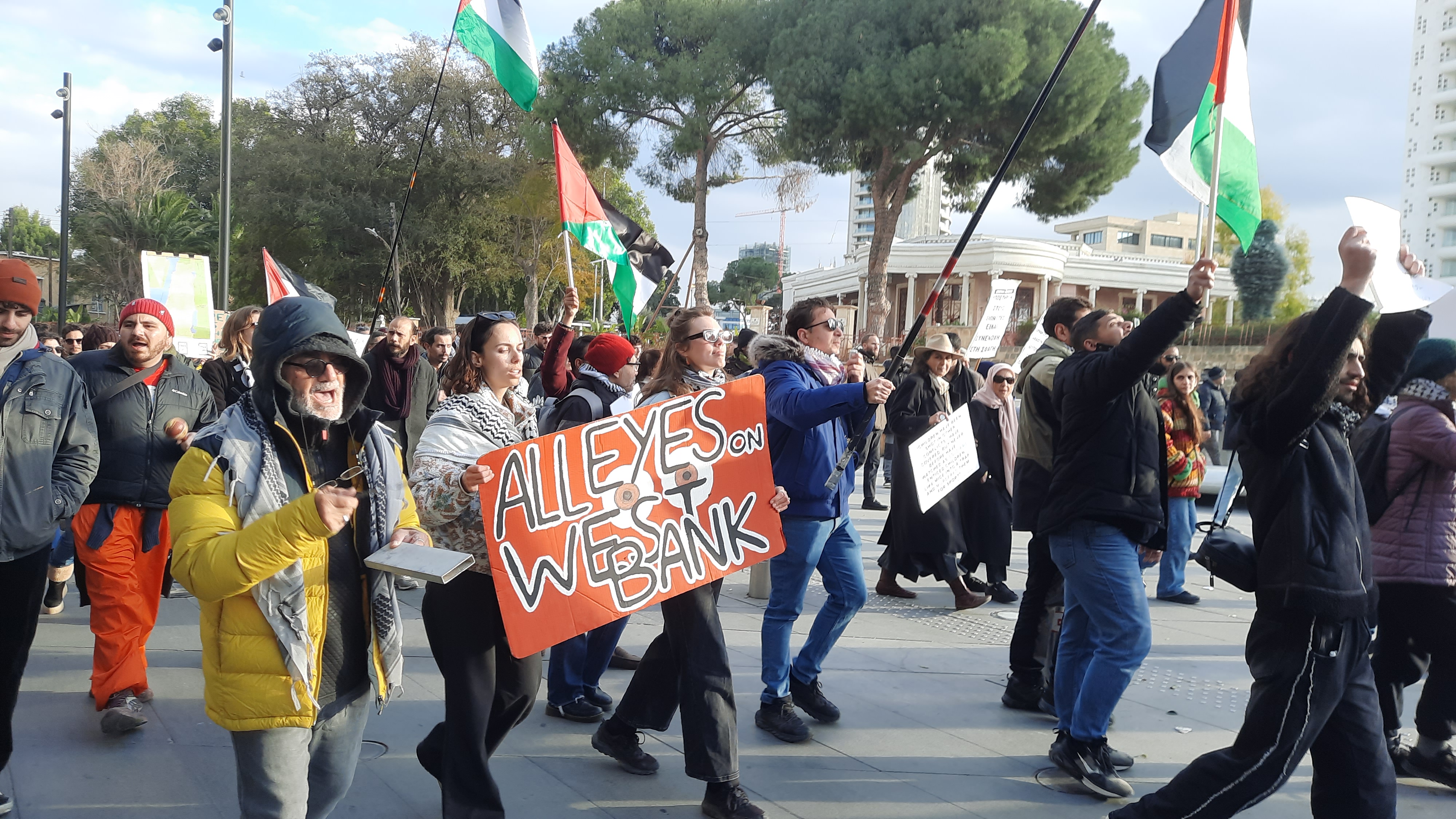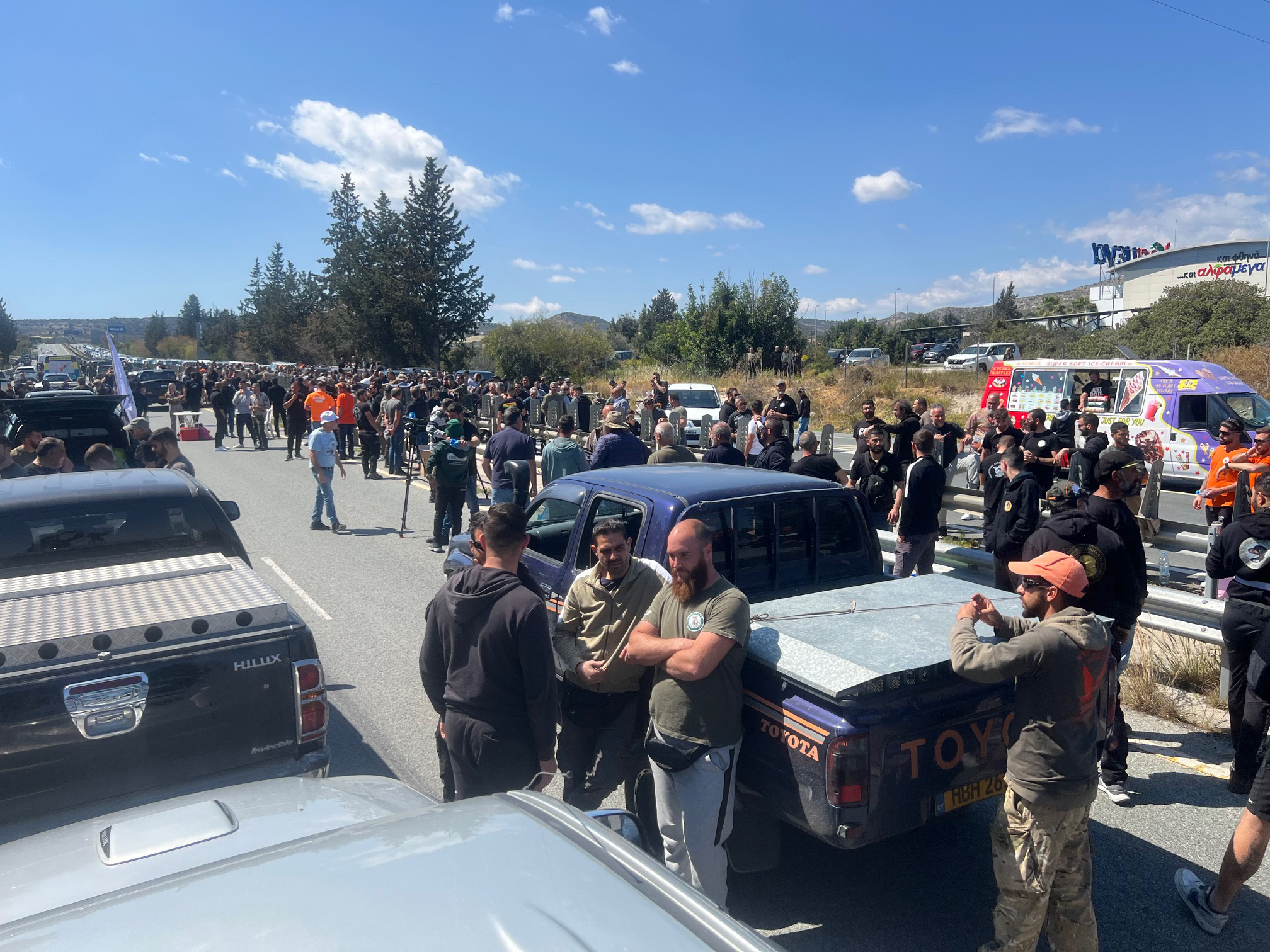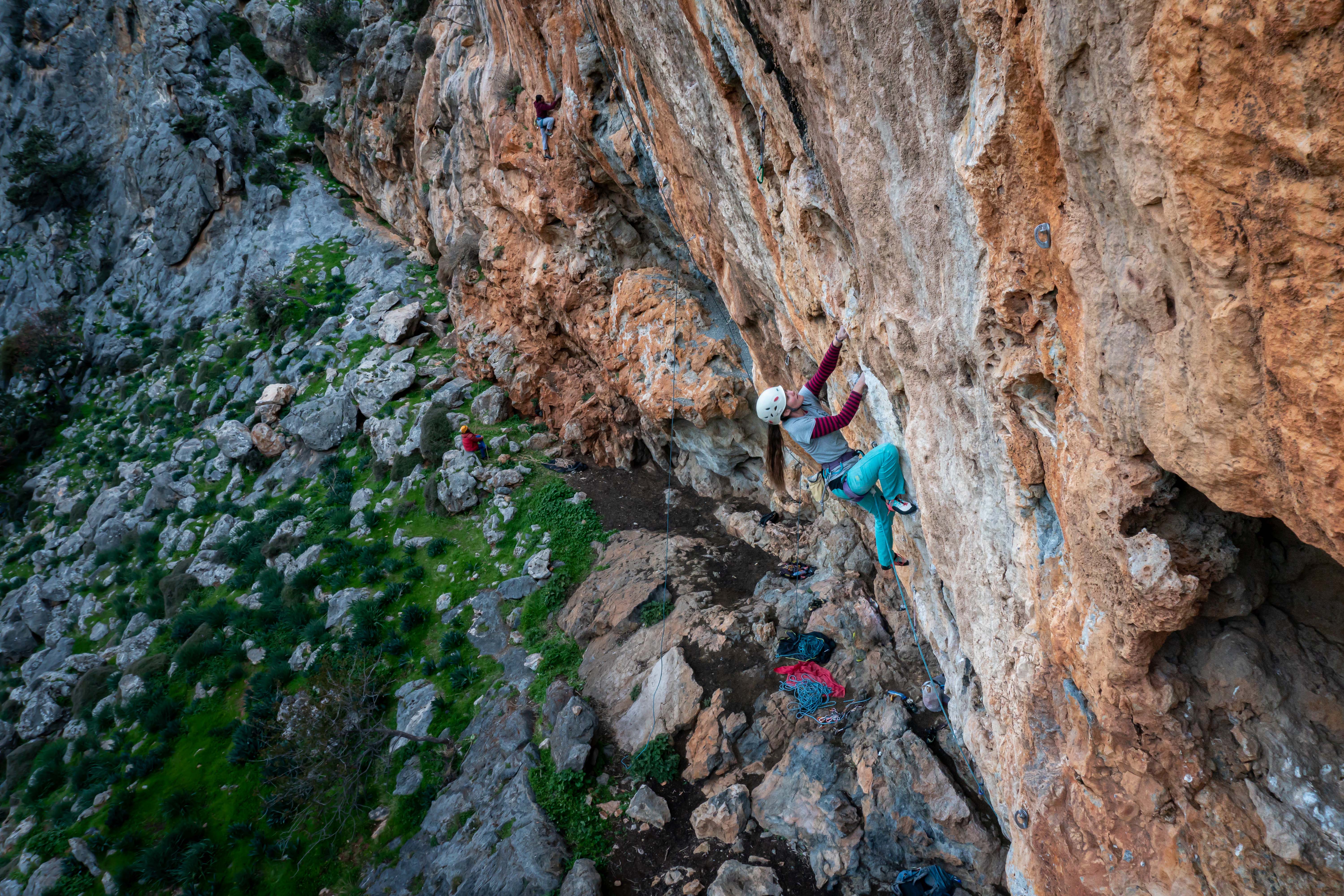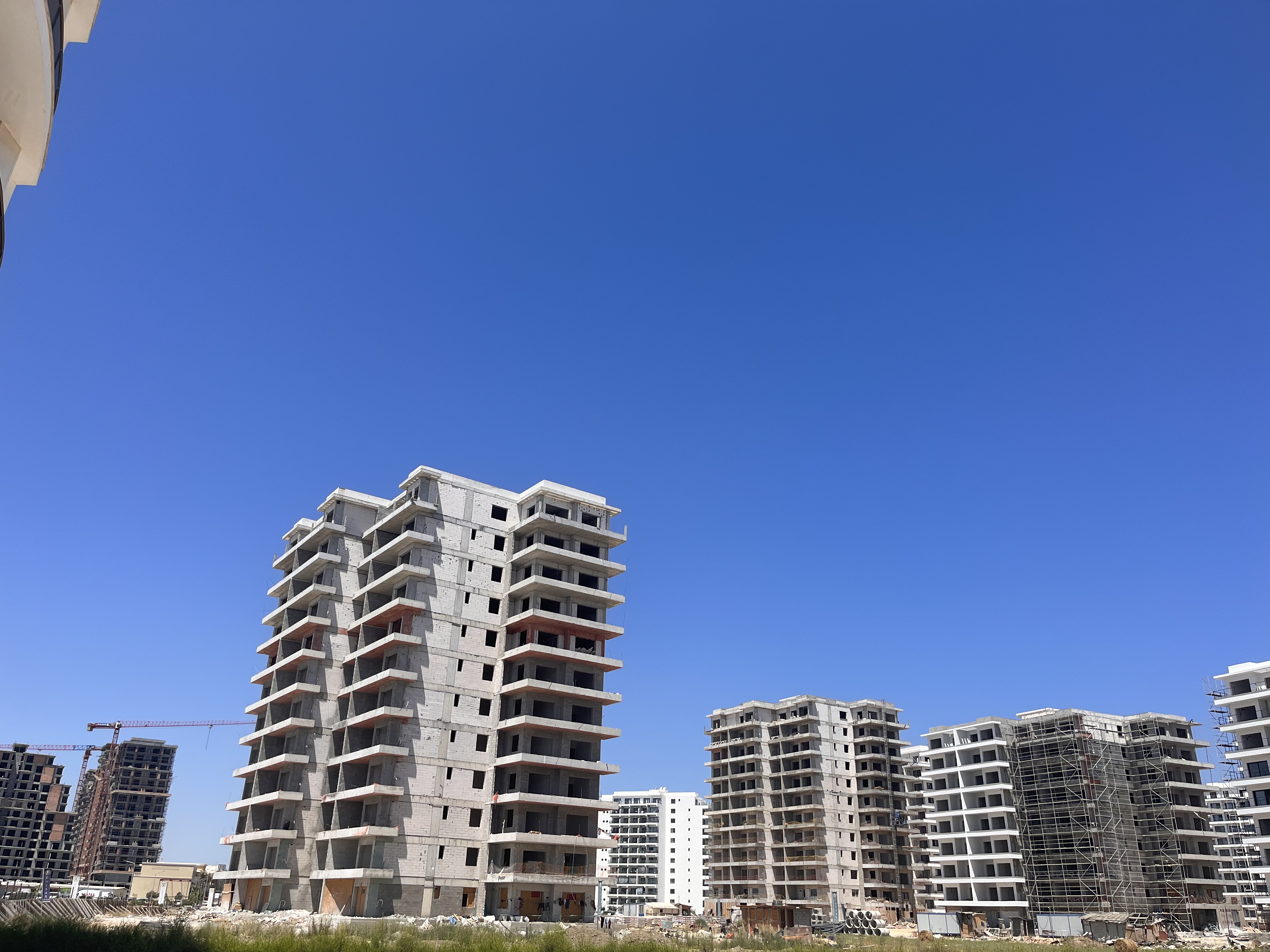But in fact it’s hanging by a thread
An odd coincidence took place last week. First came the controversy around a government bill on the right to protest – the proposed ‘Public Gatherings and Parades Law of 2025’, essentially seeking to turn protests into a completely regulated activity.
The proposed bill provides that organisers must inform the police of any protest or gathering involving more than 20 people at least seven days in advance, giving a start and end time, a precise route, the purpose of the protest, and so on.
The police then have broad powers to curtail and limit the protest, and can also issue further instructions once it’s underway.
The bill caused a fuss, with critics talking of ‘police state’ and pointing out that the right to freedom of peaceful assembly is guaranteed in Article 21 of the constitution.
The outcry was such that the justice ministry later issued a statement claiming (unconvincingly) that the bill had been misunderstood, and that informing the police in advance was purely voluntary, not a requirement.
That was over the weekend, with the statement coming on Monday. At the same time, however, came the notorious hunters’ protest on Sunday, blocking the highway for hours on end and prompting people – often the same people who’d denounced the bill – to condemn the police for not clamping down.
So which is it? Should the police back off, or get more involved? And where exactly is the line – if any – that determines if the right to protest has gone too far?
“Obviously, any time there’s a protest, it’s going to involve some inconvenience to the public,” lawyer Michalis Paraskevas told the Cyprus Mail. “And that’s permissible. The state, and the public, are obliged to accept that.
“The issue comes when you overstep certain limits. But those limits can’t be set in advance…
“The right to assembly, and what its limits are, is something decided on a case-by-case basis.”

Admittedly, that’s not a very satisfactory answer. Paraskevas is clear, for instance, that the hunters overstepped the mark. Closing all four lanes of the highway for hours, not to say indefinitely – if the president hadn’t personally intervened, they might’ve stayed all day – “must surely be considered an abuse of their right”.
But what if they’d only closed three lanes? Wouldn’t that still have delayed people in a way some might find excessive? And what if it wasn’t the highway, but a main road in town – or a side street, or a sleepy country road? What if it was only for an hour, or half an hour?
Does it also matter what the hunters were demanding? Should a protest against corruption, say, meet a higher bar – and therefore get more leeway – than a protest about some trivial village dispute?
One easy answer is to use violence as the criterion. Once the assembly is no longer peaceful, Article 21 doesn’t apply – and indeed the penal code (Article 70 onwards) provides clear penalties for any gathering that turns into a breach of the peace.
Then again, who defines ‘violence’? In the US, for instance, we’re seeing college protests against Israel’s bombing of Gaza being shut down because protesters are preventing other students from going to class. That’s seen as violence. In Greece, on the other hand, students occupying entire faculties – preventing everyone from going to class – has long been allowed as a form of protest.
Activists themselves, unsurprisingly, have another, more political take on the matter.
“I don’t think there’s a ‘red line’, so to speak,” a representative from United for Palestine (Nicosia) told the Cyprus Mail.
“I think what we see is that the anti-protest bill is about limiting some groups, and some causes – and actually allowing others to flourish, insofar as they don’t really pose any threat to the state.”
That’s the crux of the matter. Trying to pin down the exact limits of acceptable protesting is not, in the end, very useful.
Questions about what counts as abuse of the right to assemble are good questions – but it’s probably more useful to accept that they’re impossible questions, which is precisely why the state shouldn’t have the power to decide them. Otherwise, double standards are inevitable.
“This sort of proposed bill is not actually applied uniformly,” says the United for Palestine representative.
“When it comes to curtailing protests by activist groups that are talking about police murdering migrants, or Cypriot complicity in Israel’s genocide, then you have quite serious repression… But if you have an entire highway shut down” – which the police did apparently agree to, the hunters just stayed longer than expected – “those proposed bills don’t apply in the same way.
“I mean, if there was a protest for Palestine that shut down the highway, the cops would’ve been there in 30 seconds to stop it from happening!”
“You have to look at the whole context,” agrees Paraskevas, citing recent cases of activists facing charges for participating in peaceful protests (including one for a Pakistani man killed by police). “There’s a hypocrisy about the police, and the way they operate.”
Hypocrisy is putting it mildly. The right to free assembly remains sacred in theory – but in fact it’s hanging by a thread.
The Covid era was disastrous in this respect. Protests were violently suppressed, or banned altogether. What’s most disturbing, though, is that – even as more and more people take to the streets – governments now tend to simply ignore them.
The past two decades of ‘forever war’ have changed the dynamic. In February 2003, over six million people in 600 cities went out to protest the imminent invasion of Iraq; a month later, the invasion happened anyway. Gaza is a similar case, an issue where months of demonstrations barely seem to have shifted the official position.
“The problem is that people are so entitled!” grumbles Paraskevas, speaking of the hunters – and their thoughtless behaviour may indeed have grave repercussions for freedom of speech.
If last Sunday’s excesses lead to a general mood that protests are out of control – inevitably followed by a new, even more wide-ranging bill to regulate them – the already-tottering right to make your voice heard in public may collapse altogether.







Click here to change your cookie preferences